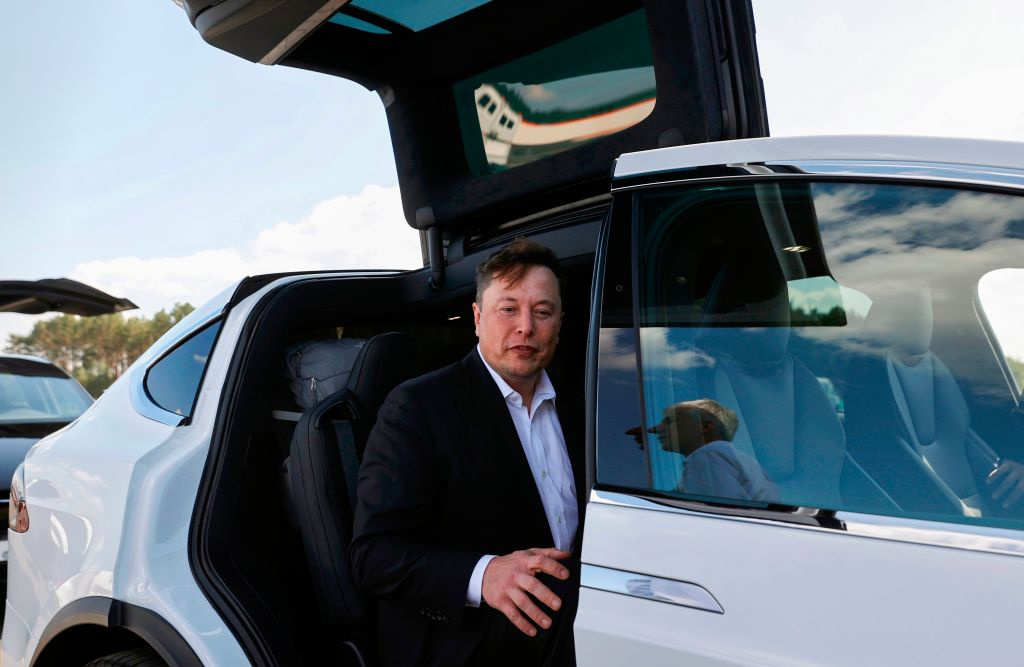Brian Malone
Industrial
The thread asking about layoffs in the automotive industry has taken a wide swing away from the OP's question but the data provided by many of the posts is intriguing and interesting. Certainly, some of the data is statistical interpretation and that can sway the conversation - what's the saying about statistics? Stats are like bikinis: What is shown can be very interesting - but what is hidden is crucial . . .
SwinnyGG, GregLocock, Littleinch, lucky-guesser have all put forth compelling data and analysis that show the original data posted by dik was not a complete story. It looks like Norway has some level of BEV adoption but it is not a run away overtaking of their auto market by BEVs.
China is leading the world in BEV adaoption, China also leads the world in electricity production. Could their BEV adoption rate be driven by the population is using what works best for the resource available (though 5/8 of China's electricity is from coal, they are working on other sources). Is it government incentives? Is it government mandates? Norway has relatively small population and derives 6/7 of its electricity from hydro power. Does this affect national adoption?

 en.wikipedia.org
en.wikipedia.org
I think the US market is definitely affected by charger availability and vehicle price. Until a BEV does not cost a premium price and charging is not a possible headache for those who cannot afford to have their charger or do not have access to a location for a charger, BEVs are going to be only for a smaller segment of the population that can afford the vehicle and its charging. These are not the 'joe six packs'.
The links posted by GregLocock seemed to be a good place to continue the BEV discussion:

 www.iea.org
www.iea.org

There many other good links in the 'Layoffs post - I just don't know how to bring them over enmasse . . .
SwinnyGG, GregLocock, Littleinch, lucky-guesser have all put forth compelling data and analysis that show the original data posted by dik was not a complete story. It looks like Norway has some level of BEV adoption but it is not a run away overtaking of their auto market by BEVs.
China is leading the world in BEV adaoption, China also leads the world in electricity production. Could their BEV adoption rate be driven by the population is using what works best for the resource available (though 5/8 of China's electricity is from coal, they are working on other sources). Is it government incentives? Is it government mandates? Norway has relatively small population and derives 6/7 of its electricity from hydro power. Does this affect national adoption?

List of countries by electricity production - Wikipedia
I think the US market is definitely affected by charger availability and vehicle price. Until a BEV does not cost a premium price and charging is not a possible headache for those who cannot afford to have their charger or do not have access to a location for a charger, BEVs are going to be only for a smaller segment of the population that can afford the vehicle and its charging. These are not the 'joe six packs'.
The links posted by GregLocock seemed to be a good place to continue the BEV discussion:

Trends in electric cars – Global EV Outlook 2024 – Analysis - IEA
Global EV Outlook 2024 - Analysis and key findings. A report by the International Energy Agency.

Car Sales by Country | Global Car Sales Results: #1 China #2 USA
Top 25 countries for car sales per year. This list of car sales by country includes global rank, number of units sold, and top car brands within each country listed.
www.factorywarrantylist.com
There many other good links in the 'Layoffs post - I just don't know how to bring them over enmasse . . .

